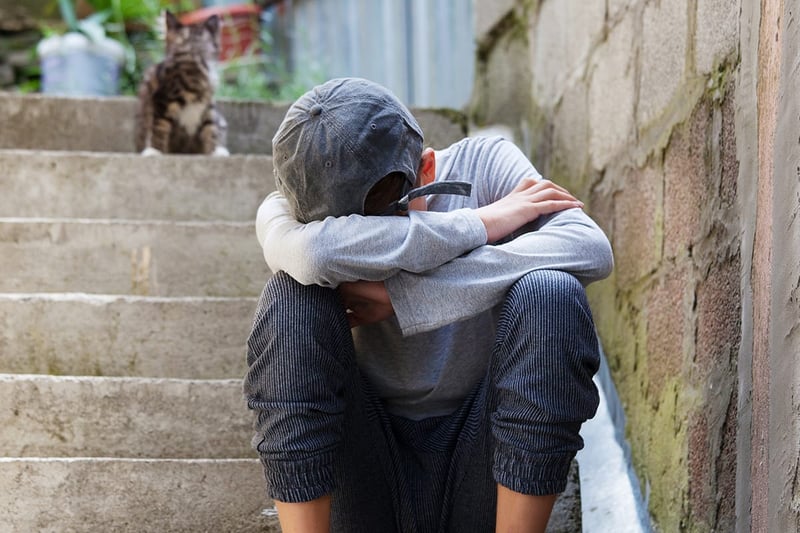Why Do Adolescent Males Demonstrate Impulsive Behavior?

We've all done impulsive things in our lives. For some, it's adding a dozen extra items to the grocery store's check-out line. For others, it's hopping in a car and taking a last-minute trip to the beach. Unfortunately, teens are especially at risk for impulsive actions because their brains are still developing. Adolescent males are especially prone to impulsive behavior due to puberty changes in their bodies and minds. The hormones testosterone and dopamine are partly to blame. This connection between brain development and impulsivity can lead to poor decision-making and substance use.
Contact Stonewater Adolescent Recovery Center to learn more about our substance use and
mental health treatment programs. Call us at
662.373.2828.
How Does Impulsive Behavior in Male Teens and the Brain Connect?
To better understand adolescent males and impulsive behavior, you must look at the teen brain. As a teen, the brain is not fully developed. For the brain to ultimately reach maturity, it can take an adolescent well into their 20s, even their late 20s, to set completely. Specifically, the prefrontal and frontal cortex are part of the adolescent brain, but these parts are not fully formed. As a result, teens do not have full access to these parts of the brain. This is the neuroscience explanation given by neurologist and author Dr. Frances Jensen as she discussed her book, "The Teenage Brain: A Neuroscientist's Guide to Raising Adolescents and Young Adults," with NPR. In the adolescent brain, the frontal and prefrontal cortexes aren't accessed with the same rapidity as the adult brain, which is why adolescents can act more impulsively—the frontal and prefrontal cortex house important executive functions like judgment and decision-making. Risky behaviors, thrill-seeking, and impulsivity are not simply symptoms of teenagehood, but symptoms of the developing adolescent brain.What Is the Connection Between Impulsive Behavior and Adolescent Males?
There is a clear connection between impulsive behavior and adolescent males. Boys going through puberty have an influx of the hormone testosterone, which has been linked to impulsive and risky behavior. Studies have shown that testosterone levels in boys begin to rise during puberty and continue to do so into early adulthood. This increase in testosterone has been associated with changes in behavior, such as increased impulsive behavior, sensation-seeking, and risk-taking. In addition to testosterone, dopamine is another hormone that plays a role in adolescent male impulsivity. Dopamine is a neurotransmitter that is involved in the brain's reward system. This system is responsible for the pleasurable feelings we experience when we do things that are good for us, like eating or having sex.Adolescent Males and Their Impulsive Behavior Linked to Active Reward System
During adolescence, the brain's reward system is very active, and teens can experience intense pleasure from activities that adults find mundane. This difference is because the adolescent brain is more sensitive to dopamine than the adult brain. As a result, adolescents are more likely to seek out activities that will result in a dopamine release, such as risky behaviors. Risky behaviors can include:- Alcohol and drug use
- Unprotected sex
- Reckless driving
Get Help at Stonewater Adolescent Recovery Center
Stonewater Adolescent Recovery Center is an adolescent substance use treatment facility providing long-term residential treatment programs. Our unique blend of traditional and modern therapies gives adolescent boys the best chance at a lasting recovery. Our program includes:- Cognitive behavioral therapy (CBT)
- Dialectical behavior therapy (DBT)
- Music therapy
- Adventure and nature therapy
- Fly fishing therapy

.jpg)

